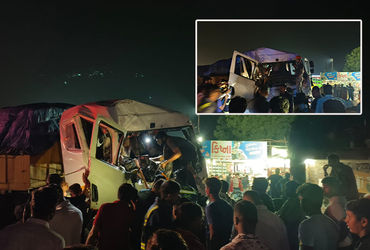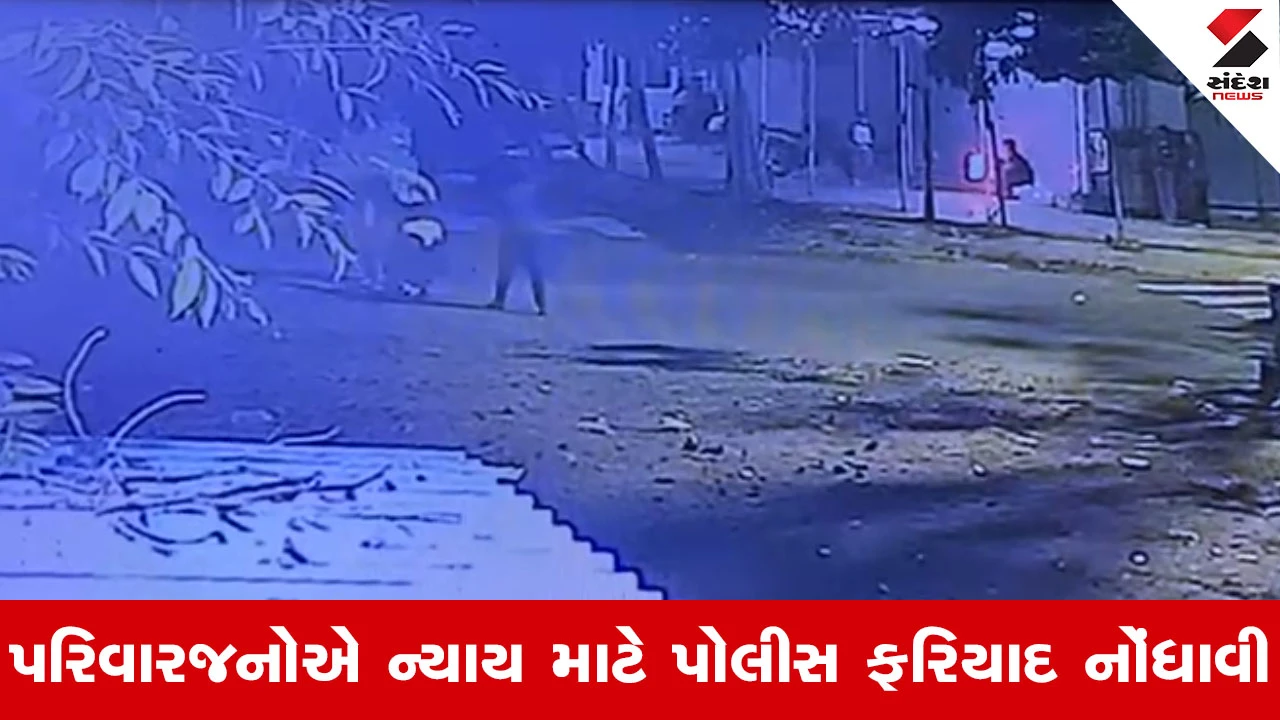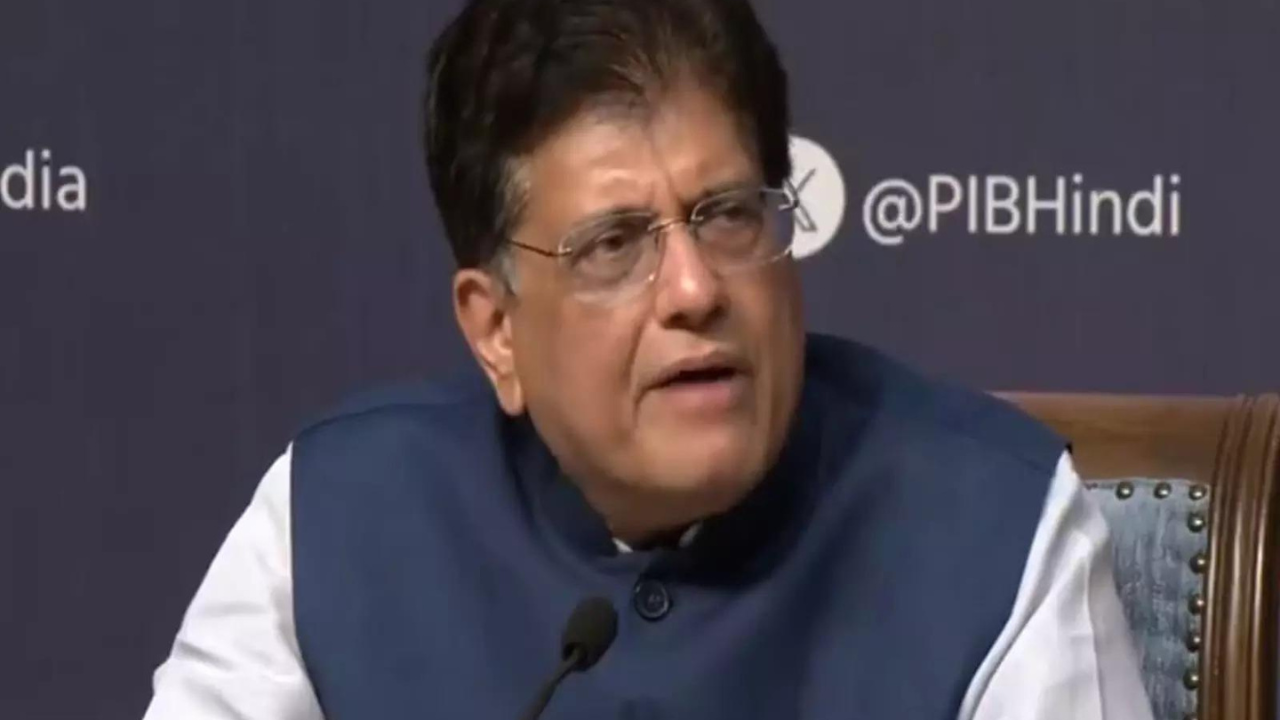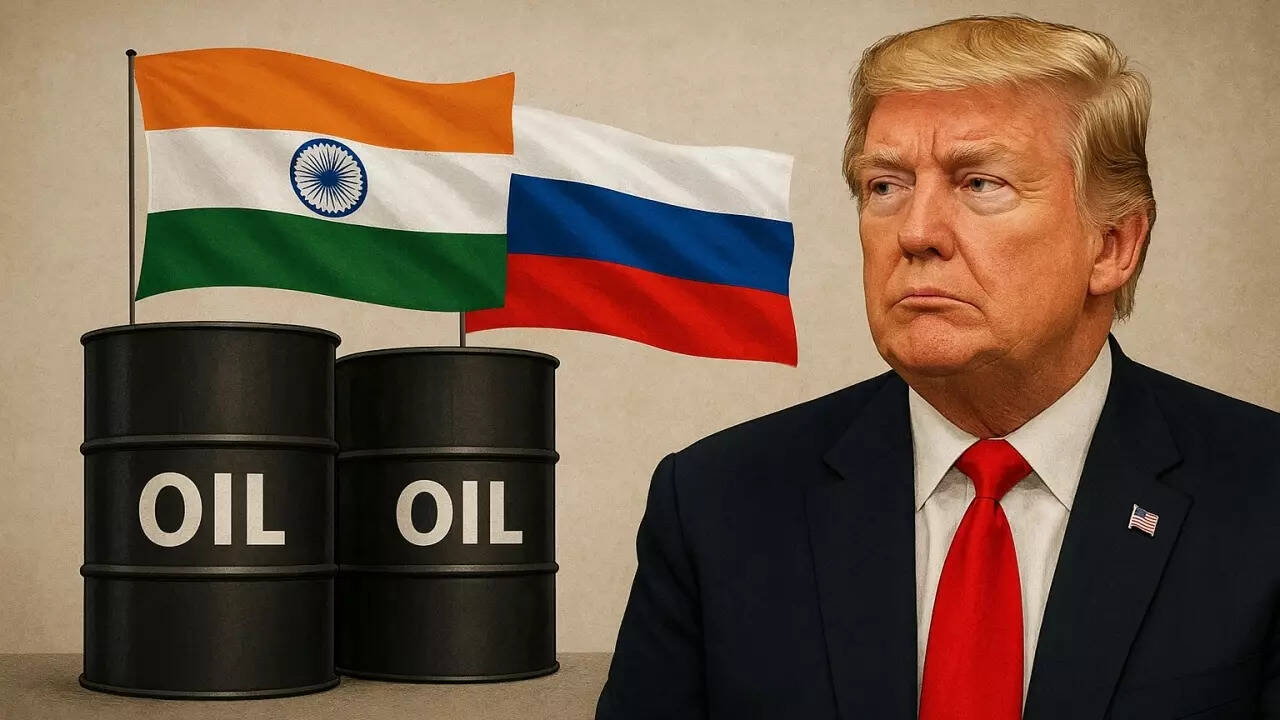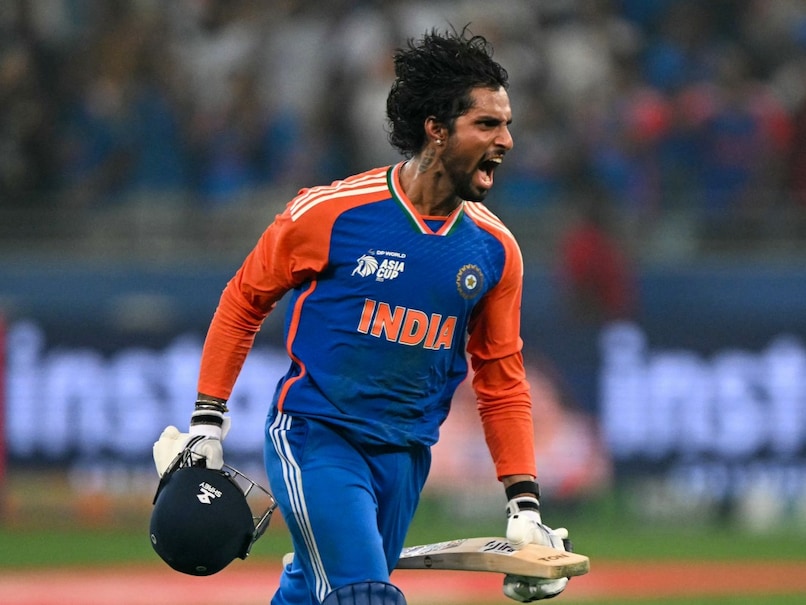The paradox of ‘powerful’ leaders and what it says about Indian society
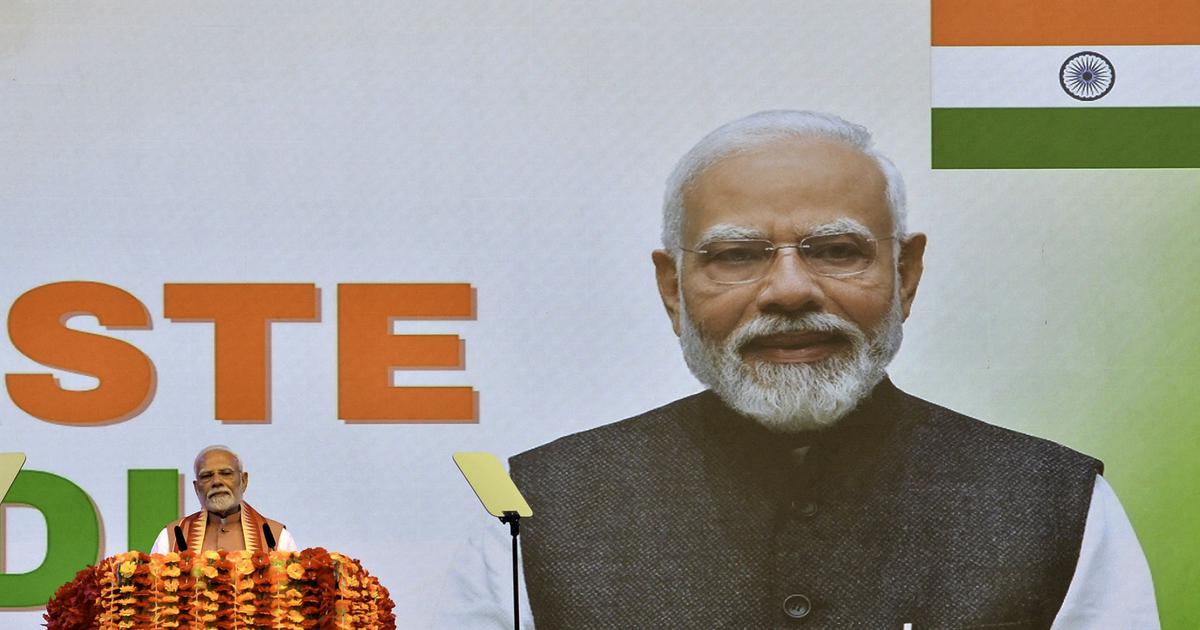
Join our WhatsApp Community to receive travel deals, free stays, and special offers!
- Join Now -
Join our WhatsApp Community to receive travel deals, free stays, and special offers!
- Join Now -

History offers a compelling paradox: sometimes, true strength in leadership lies not in unwavering success but in the courage to acknowledge failure.
One such instance unfolded in Maharashtra during the late 1980s. The Shetkari Sanghatana, under the leadership of Sharad Joshi, was a significant force, championing the rights of farmers and challenging the urban bias in agricultural pricing.
Joshi, a charismatic figure, launched the “Doodh-Bhat Andolan”, or the milk-rice agitation, demanding guaranteed minimum prices for these commodities. The strategy was audacious: farmers would withhold milk supplies from cities, disrupting the economic order and forcing the government to negotiate.
It was a high-stakes gamble. How long could farmers, often struggling with their own economic survival, afford to hold back perishable goods?
The envisioned solidarity faltered. Some farmers heeded the call, but many others continued to supply milk to the cities, diluting the impact of the movement and negating the pressure on the government. The andolan fell short of its goals.
In the aftermath, Joshi convened a press conference. Anticipation hung heavy in the air. How would he salvage the situation? Would he deflect blame or attempt to spin the failure? His opening words were disarmingly simple: “I stand before you as the commander of a defeated army.”
He followed this with an even...
Read more
What's Your Reaction?
 Like
0
Like
0
 Dislike
0
Dislike
0
 Love
0
Love
0
 Funny
0
Funny
0
 Angry
0
Angry
0
 Sad
0
Sad
0
 Wow
0
Wow
0

